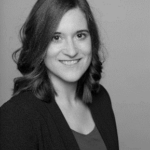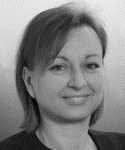Governing Bodies
The internal management structure of the partner community consists of the following bodies:
- The General Assembly (GA) acts as the representative body and as the final body responsible for decision-making.
- The Management ensures the optimisation of processes and acts as an intermediary for the coordination between the partners of the initiative. It consists of the Management Board and the Secretariat.
- The Steering Committee provides the basic orientation of the initiative. It is composed of one representative of the partners and is convened by the GA.
- The Synergy Team coordinates the work of the Working Groups (WGs). The WGs develop the content of EOSC topics.
- The EOSC Café is an Open Forum providing external stimulus.





















